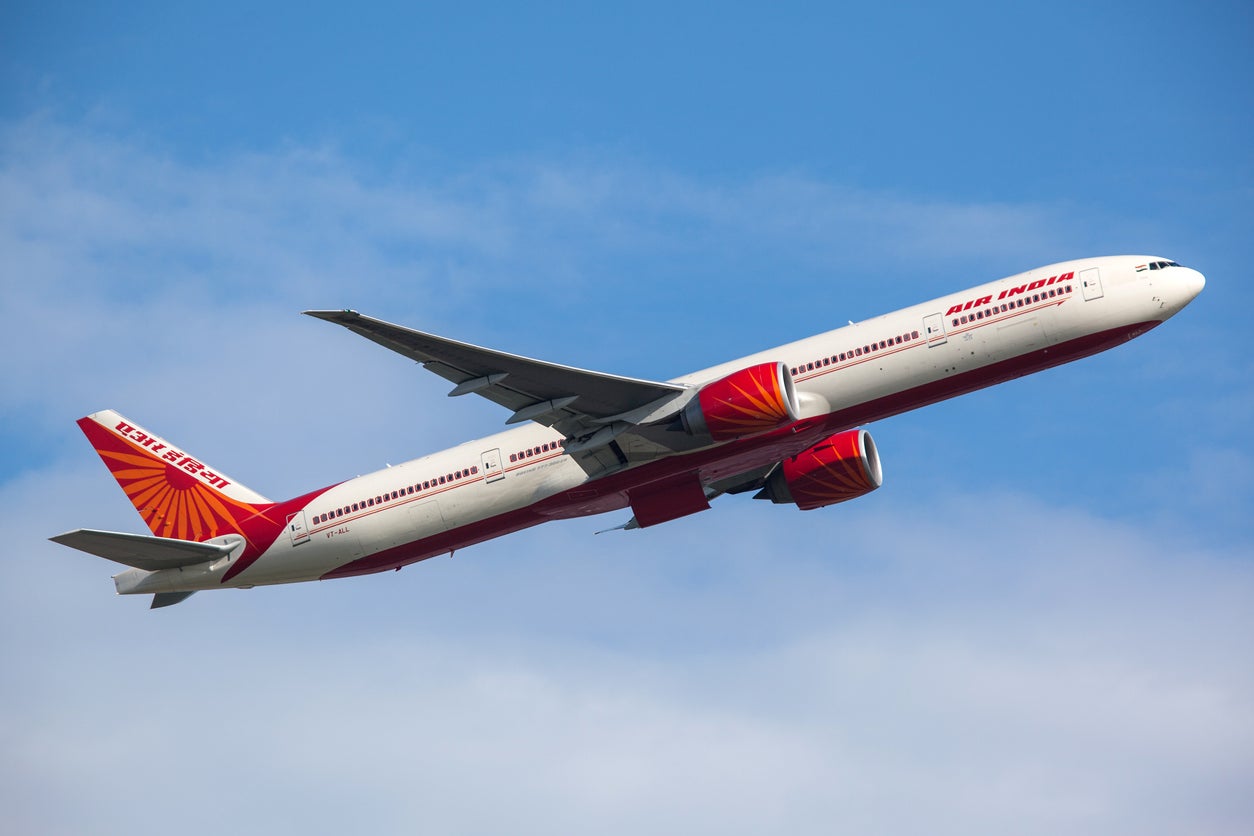Air India: Can my 20th-century airline of choice lure me back?
Plane Talk: India’s national carrier is under new management, with big ideas

Oh, Air India, how I adored thee. In the 1990s, the Indian national carrier was a favourite. I flew on its big, comfortable jumbo jets many times. Either I was flying to and from India, which was always a thrill, or I was taking advantage of the “fifth freedom” routes from London Heathrow to New York JFK and Toronto.
Yes, for many years Air India was the carrier of choice across the Atlantic: it had the right to pick up passengers in London and take them, economically, to the main gateways for the US and Canada respectively. The experience was always good value and exotic: for seven hours, you were transported to South Asia, with delicious food, friendly cabin crew and interesting fellow travellers.
Yet ahead of a meeting with Campbell Wilson, chief executive officer and managing director of Air India, I checked my travel records and discovered I had not flown with his airline this century. I have been to India on multiple occasions in the past two decades, but on airlines such as Gulf Air, Kuwait Airways and even Cathay Pacific (for a time there was a handy Dubai-Mumbai link on the Hong Kong-based airline).

India-UK-North America routes shrank and then disappeared completely; Air India planes now fly over the UK rather than pausing to pick up thrifty travellers.
So, I wondered: what can the new boss offer to tempt me back on board?
“We want to go nonstop from India to all of the key markets in the world with new product, with more reliability, with brand-new aircraft.
“If we’re providing reliability, good value, good service, good brand, good prices, nonstop service, there’s no reason why you wouldn’t choose us.”
Air India began life in 1932 as Tata Air Services, but spent decades as a bloated, loss-making nationalised carrier – protected against foreign competion by restrictions that suppressed international capacity. It finally returned to the mother ship, Tata Group.
“The staff breathed a huge sigh of relief when Tata was announced as the successful bidder,” says Mr Wilson. “Because they knew, right now, it’s going to be done properly.”
Right now Air India is in an expansive mood, with 470 new planes on order from Airbus and Boeing almost quadrupling its fleet – thanks to what Mr Wilson calls “patient and visionary capital” invested by Tata Group.
“Sit back and look at the India story: 1.3 billion people, 6.5 per cent economic growth, air travel growing 1.5 per cent faster than GDP. The winds of the world are now aligning behind India.”
This week Air India deployed some of its existing 126-strong fleet on launching its first flights from Gatwick – with Amritsar, Ahmedabad, Goa and Kochi all appearing on the destination screens.
The move allows the airline to increase frequency on its key routes from Heathrow, Delhi and Mumbai. And: “We can serve these four predominantly leisure destinations just as effectively from Gatwick as from Heathrow.”
India is also on the way to many tempting destinations. Airline schedule analyst Sean Moulton says: “India is in an optimum location to expand connections between the UK and Europe to the far east and Australia”.
But the ever-complex visa rules make the option of a stopover in Delhi or Mumbai (one of my favourite cities anywhere in the world) less appealing than the Gulf for trips between the UK and destinations such as Bangkok, Hong Kong and Singapore.
Mr Moulton offers some free advice for a carrier based in a nation with some notorious red tape for visitors: “Air India needs to focus growing in major cities which have high yield and point-to-point potential. London is an example of this, but so is Manchester which is unserved from Delhi and Mumbai – despite over 150,000 passengers flying indirectly to these cities from northern England annually.”
Wherever British travellers want to go in India, they can reach it with a single connection in the Gulf. With Saudi Arabia expanding its aviation industry, Riyadh will soon be added to Abu Dhabi, Doha, Dubai and the rest as a suitable passage to India.
“Geography, demography, diaspora,” Campbell Wilson counters. “People have not been well served by the national carrier in the past – all of these things can be fixed. It is our game to play.
“I have the most exciting job in world aviation today.”
Join our commenting forum
Join thought-provoking conversations, follow other Independent readers and see their replies
Comments
Bookmark popover
Removed from bookmarks